The EPA has opened the comment period on a new coal emission rule.
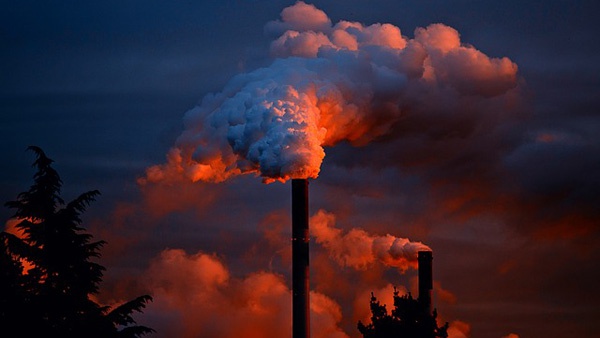
(Indianapolis, Ind.) - Folks in Indiana can now weigh in on President Donald Trump's replacement for the Clean Power Plan, as the EPA just opened a public comment period.
The Affordable Clean Energy plan, called ACE, calls for states to develop their own rules for reducing carbon emissions from coal fired power plants, instead of having the EPA set state targets.
While a shift toward renewable energy was at the heart of the Clean Power Plan, ACE is focused on making coal fired power plants cleaner.
Wendy Bredhold, Indiana representative for the Sierra Club's Beyond Coal Campaign, says it means aging plants facing possible closure might continue operating.
"We have more of the biggest, dirtiest coal plants known as super polluters than any other state," she points out. "So that would be a real impact that would be felt by Hoosiers in terms of impacts on their health, asthma attacks, days that kids couldn't play outside and that people shouldn't be outside."
Indiana had one of the most stringent carbon reduction goals set under the Clean Power Plan, which the EPA at the time noted, it was reasonable and achievable given the plan's flexibility and broad range of opportunities for compliance.
The EPA is taking public comments through Oct. 30.
Some argue that the Clean Power Plan would have been a major blow to Indiana's coal industry, resulting in thousands of lost jobs.
However, Bredhold says coal is simply not the cheapest option anymore with the increasing availability of renewable power.
"Folks in the coal industry need a transition plan that helps communities that have historically been dependent on coal to make their way out of the hardship that's caused by the simple economics of coal and the fact that people are demanding clean energy," she states.
Janet McCabe, a senior law fellow at the Environmental Law and Policy Center, is a former EPA assistant administrator who helped develop Clean Power Plan standards during her time at the EPA under President Barack Obama.
She contends it is crucial that the public weigh in during the rule making process.
"When I was at EPA, every single rule I worked on got better between proposal and final because of comments that we got," she stresses. "And those are important expressions from taxpayers in this country about what they feel their government should do to protect them or to stay out of the way."

 Aurora EMS Vehicle to Assist Dillsboro Area
Aurora EMS Vehicle to Assist Dillsboro Area
 National Drug Take Back Event Scheduled for April 26
National Drug Take Back Event Scheduled for April 26
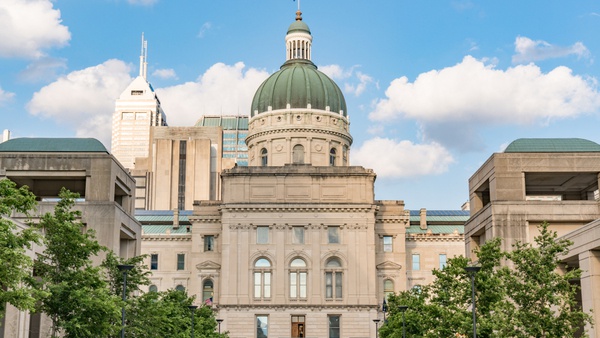 Bill to Welcome Illinois Counties to Indiana Heads to Governor's Desk
Bill to Welcome Illinois Counties to Indiana Heads to Governor's Desk
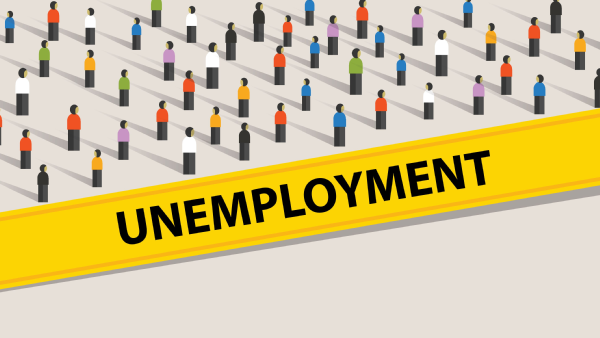 Indiana's Unemployment Rate Drops in March
Indiana's Unemployment Rate Drops in March
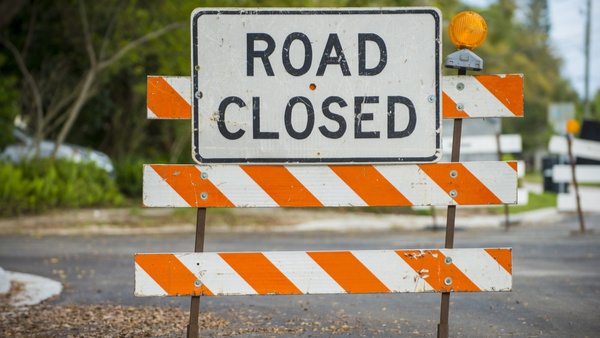 Road Closure Scheduled in Osgood for Crosswalk Installation
Road Closure Scheduled in Osgood for Crosswalk Installation
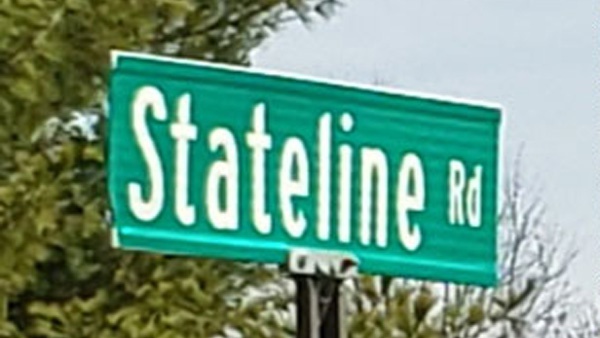 Volunteers Needed for Litter Clean-Up on State Line Road
Volunteers Needed for Litter Clean-Up on State Line Road










